Can You Keep What You Find Metal Detecting in the UK?

Written by Piotr Lesniewski
Detectorist • Scotland
As an Amazon Associate we earn commission from qualifying purchases. Read our full Affiliate Disclosure.
When you're sweeping your metal detector across British soil, you can't simply pocket everything you uncover.
While modern coins and everyday items are yours to keep, the law draws a strict line at anything over 300 years old. These potentially valuable discoveries trigger a complex legal process. This determines whether you'll walk away with compensation or watch your find disappear into a museum's collection forever.
Key Takeaways
- You can keep modern coins, jewelry, buttons, and everyday objects made from non-precious metals like iron, brass, or copper.
- Items classified as treasure (valuable finds over 300 years old) must be reported within 14 days and cannot be kept.
- Treasure finds entitle you to fair market value compensation, split equally with the landowner who gave permission.
- You must obtain explicit permission from landowners before metal detecting on any private property or face legal consequences.
- Metal detecting is prohibited on scheduled ancient monuments, most National Trust properties, and requires separate Crown Estate permission.
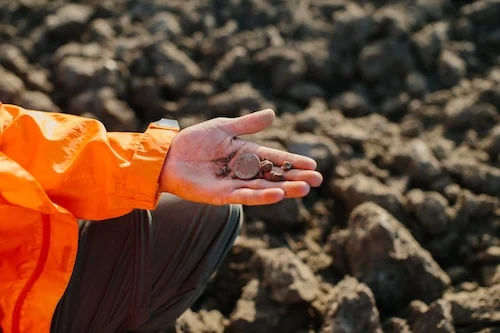
What Items You Can Keep From Metal Detecting UK
Most items you discover while metal detecting in the UK can legally remain in your possession. This is provided they don't fall under specific legal categories that require reporting or surrender.
You're free to keep modern coins, jewelry, buttons, buckles, and other everyday objects that don't meet treasure criteria.
Items made from non-precious metals like iron, brass, or copper typically don't qualify as treasure regardless of age. Single coins under 300 years old also remain yours.
However, you can't keep finds from scheduled monuments, private property without permission, or foreshore areas without licenses. Additionally, items that appear historically significant should be reported to the Portable Antiquities Scheme, even if you're allowed to retain ownership.
Always research local bylaws, as some areas have additional restrictions on metal detecting activities.
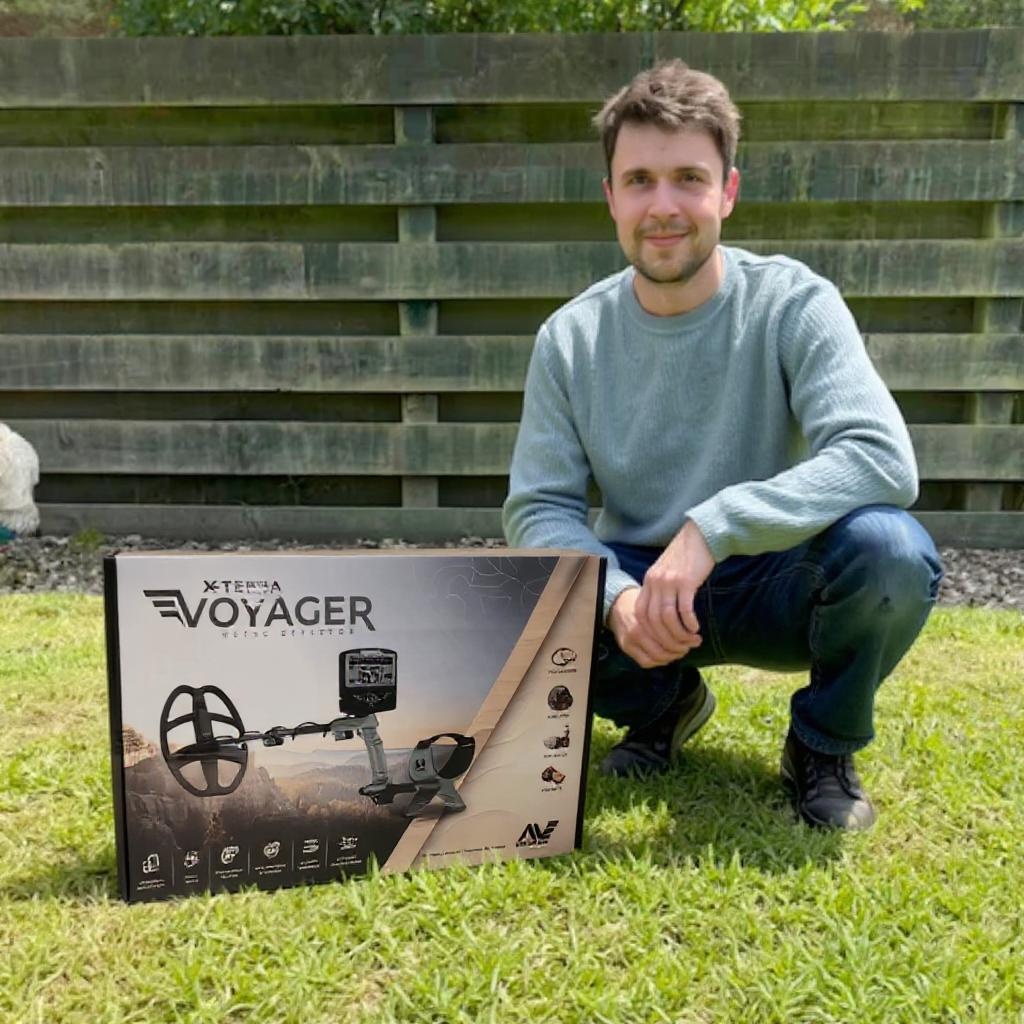
Legal Requirements for Treasure Finds
When your metal detecting discoveries qualify as treasure under UK law, you have a legal obligation.
You're legally obligated to report them to the local coroner within 14 days of finding them or realizing their potential treasure status.
You must provide details about the find's location, circumstances, and description. The coroner will then investigate and hold an inquest to determine if the items legally constitute treasure.
If declared treasure, you can't keep the finds. Museums get the first opportunity to acquire them at fair market value, which is determined by independent experts. You'll receive this payment, split with the landowner according to your agreement.
Failing to report treasure constitutes a criminal offense under the Treasure Act 1996, potentially resulting in fines or imprisonment.
Always document finds thoroughly and contact your local Finds Liaison Officer for guidance.
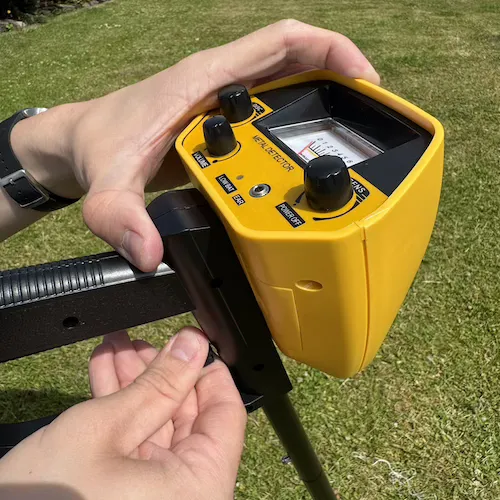
Metal Detecting Permission and Location Restrictions
Before you can legally use your metal detector in the UK, there's a crucial first step.
You must obtain explicit permission from the landowner for every site you wish to search.
This applies to all private land, including farmland, fields, and gardens. Never assume permission—always ask first and get it in writing when possible.
You're completely prohibited from detecting on scheduled ancient monuments, Sites of Special Scientific Interest, and most National Trust properties. Public beaches below the high-tide mark are generally accessible, but you should check local council restrictions first. Crown Estate land requires separate permission.
Many areas have detecting clubs that negotiate access agreements with farmers and landowners. Joining these groups can provide legitimate detecting opportunities while ensuring you're following proper protocols and maintaining good relationships.
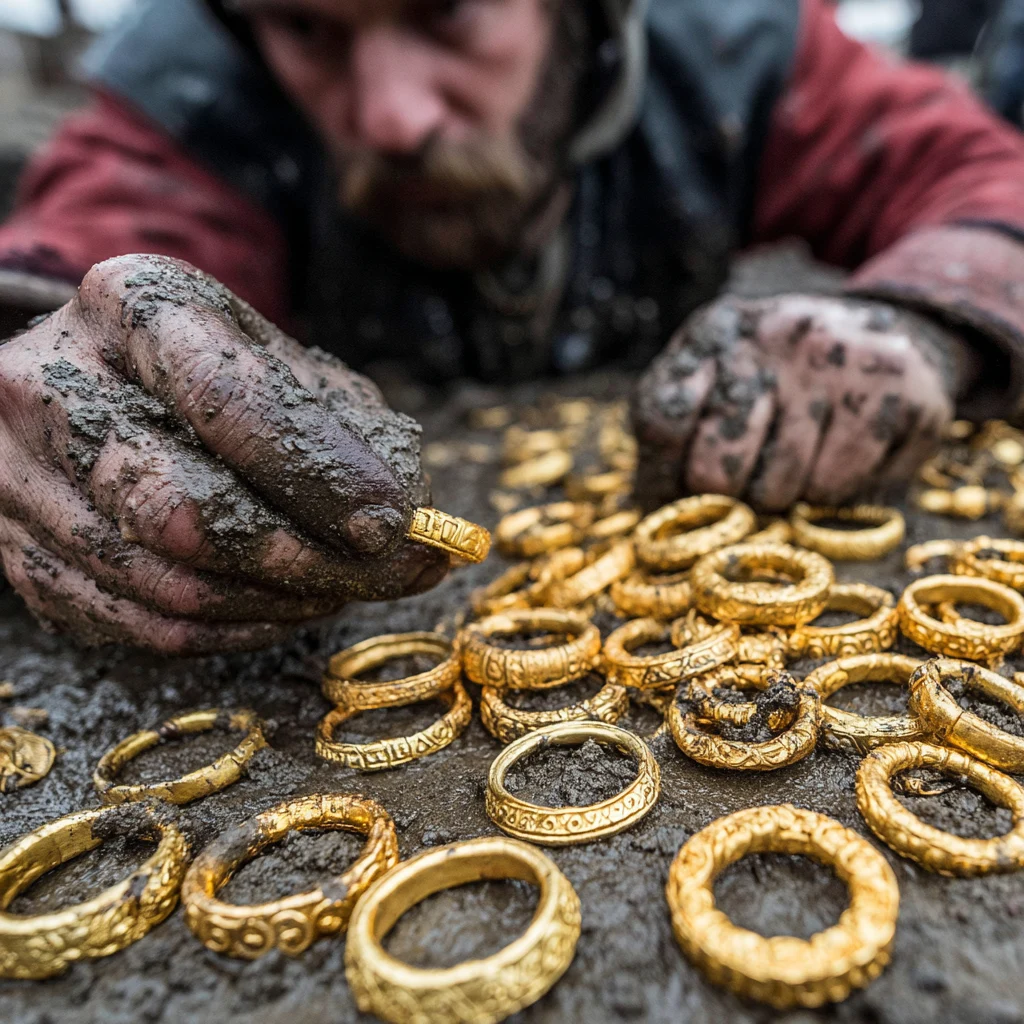
The Portable Antiquities Scheme and Reporting Guidelines
The Portable Antiquities Scheme (PAS) serves as the UK's official database for archaeological finds discovered by the public.
You're encouraged to report significant discoveries through PAS, which helps archaeologists understand Britain's historical landscape.
While reporting most finds isn't legally required, you should record items older than 300 years or those with archaeological importance.
You'll work with local Finds Liaison Officers who will identify, photograph, and record your discoveries. They'll provide expert advice about your finds' significance and historical context. The database helps researchers track artifact distribution patterns across regions and time periods.
Though PAS reporting is voluntary for most finds, it's considered best practice within the detecting community. You'll contribute valuable archaeological data while maintaining ownership of your discoveries in most cases.
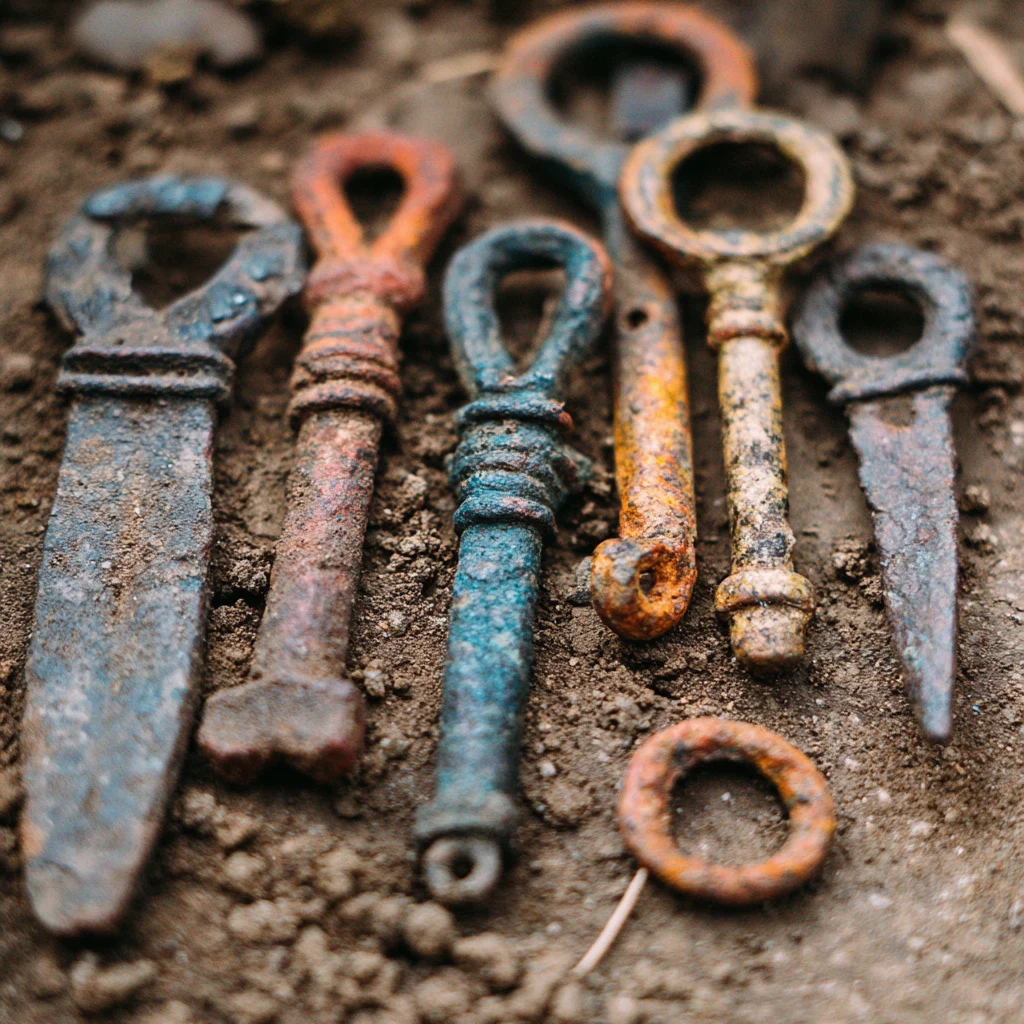
Rewards and Compensation for Significant Discoveries
Beyond simply recording your finds, you might wonder about potential financial rewards.
If your find's declared treasure, you're entitled to a reward equal to its market value, shared with the landowner.
Museums typically have first refusal to acquire treasure items, and independent valuers determine fair market prices.
The reward system incentivizes honest reporting rather than illegal selling. You'll receive payment only after the coroner's inquest confirms treasure status and a museum expresses interest. If no museum wants to purchase your find, you'll usually get it back along with the landowner.
Conclusion
You can keep modern finds and everyday objects from metal detecting, but you're legally required to report potential treasure within 14 days.
Always get landowner permission before detecting, and avoid restricted areas like scheduled monuments. While you can't keep declared treasure, you'll receive fair compensation if museums acquire your finds.
Remember to record significant discoveries through the Portable Antiquities Scheme – you're contributing valuable data to Britain's archaeological record while enjoying your hobby responsibly.
Author Profile

Piotr Lesniewski
"Digging up the past, one signal at a time."
Polish-born, Scotland-based, and obsessed with the beep. My passion began decades ago, exploring fields with my Dziadek (grandfather). Now, with over 10 years of digging under my belt, I'm here to share everything I've learned—unfiltered and unbiased—to help you unearth your own piece of history. No sales pitches, just real field experience.